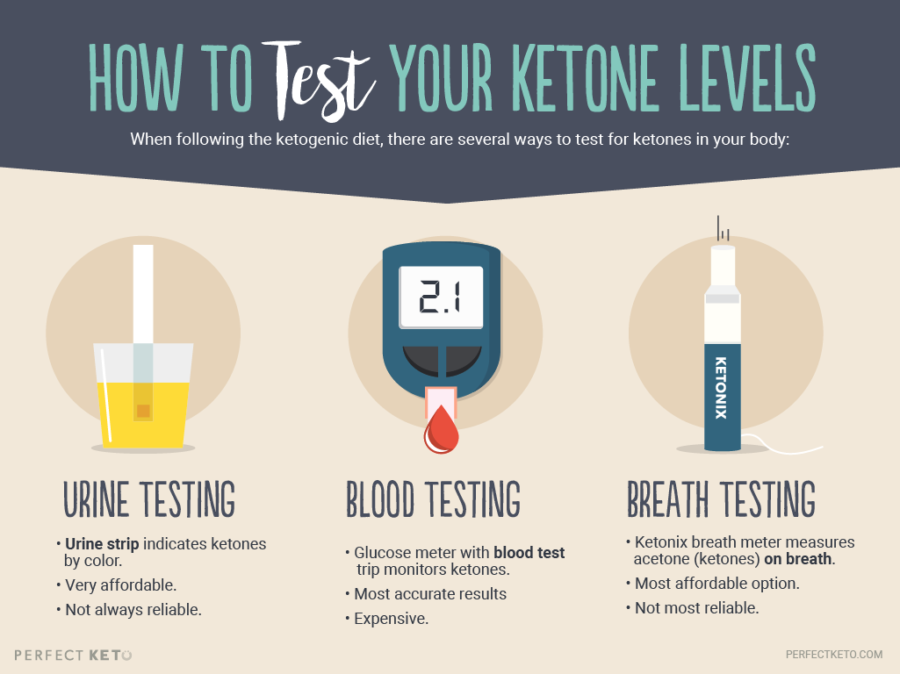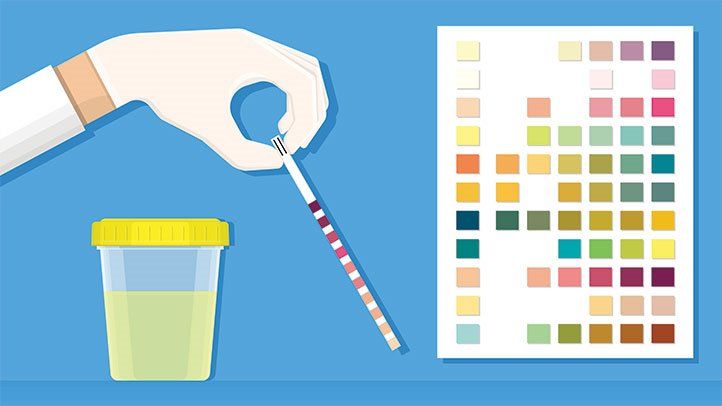
Urine ketones testing is the most accurate way to determine whether you're getting your recommended daily dose of exercise. This test evaluates ketone levels within your urine. In general, when your body doesn't receive enough glucose for energy, it converts carbohydrate into glycogen, which can then be stored as fat in the liver.
Ketone levels can vary from person to person depending on their health, diet and lifestyle
Sometimes, this process occurs in reverse, however, so a test like this helps you make changes to your lifestyle that can result in improved health and weight loss. When you're exercising regularly, this process becomes even more effective, because ketones are being made in a natural manner.
The average person can lose one to two pounds per day just by drinking water. In addition to drinking plenty of water, most dieters drink other fluids. These liquids include coffee, tea and soda pop. All of these beverages contain caffeine. As such, they all speed up the metabolism and increase your metabolic rate.
However, if you add sugar to these beverages, they cause a spike in blood sugar and that spikes can lead to an increased appetite, particularly if you're already under a lot of stress. This is especially true of those people who have a lot of caffeine in their systems. Caffeine does this by increasing your heart rate, making your body work harder and thus burning more calories.
You want to consume fewer calories, not more, and when you do eat, you want to consume a small amount of protein. This is because protein helps to break down the fats you have consumed. By eating more protein, you help to prevent further fat build-up in the body.
Urinary ketone tests are a great way to track these changes in your diet and exercise. They're also used to determine whether you need to add additional protein to your diet, whether your body is producing enough glycogen or whether your metabolism is too slow. If your kidneys aren't producing ketones, this can be a sign that you're not getting the protein you need to make muscle and to replace your muscle tissue.

Ketone levels in urine are usually measured through the use of ketone meters, but there are some blood ketone tests you can purchase as well. which can be used for these purposes. The ketone meter measures the level in blood. The difference between the level in blood and the level in urine is your "bioavailability." By measuring your bioavailability, doctors can tell if you're getting enough protein.
There are no clear cut answers for this question, but the rule of thumb for both measuring urine and blood ketone is the higher the ratio of sugar to fat, the less fat you'll have in your urine and the higher your bioavailability will be. Another thing to note is that high levels of sugar in the urine may be a symptom of diabetes, kidney disease or kidney failure. Therefore, you should definitely contact a doctor if you think you're suffering from either of these conditions.
However, one study revealed that if you ate less fat but ate more protein, ketone levels were reduced in urine and this can also be a sign of high protein intake. So, although there's no one single thing that can tell you if you're at risk for high protein, there are certain circumstances that can increase the amount of fat in urine. High protein diets are especially good for people who are already diabetic, as their pancreas doesn't have to work as hard to produce insulin, allowing them to convert fat into glucose.
Patients report high levels of ketones in the urine as well
When your pancreas doesn't produce enough insulin, the hormone is secreted in high amounts and can cause an insulin deficiency that can lead to ketones in urine. This is one reason why patients who suffer from diabetes often have urine ketone in urine.
For diabetics, this is usually the first thing a doctor will recommend for them, since a diet that has a high amount of protein is one of the ways to help control their disease. If you don't like to consume a high amount of protein, you can still maintain proper nutrition by including fish, vegetables, grains, and fruit in the diet. These types of foods can also help regulate the amount of insulin in your body and may help to keep your kidney functions in check, as well.
As you can see, it's not uncommon for people to have ketones in urine and not even know it. While there's no hard and fast answer to the question, you should check with a doctor to determine if there are any issues with your kidneys that may need medical attention.